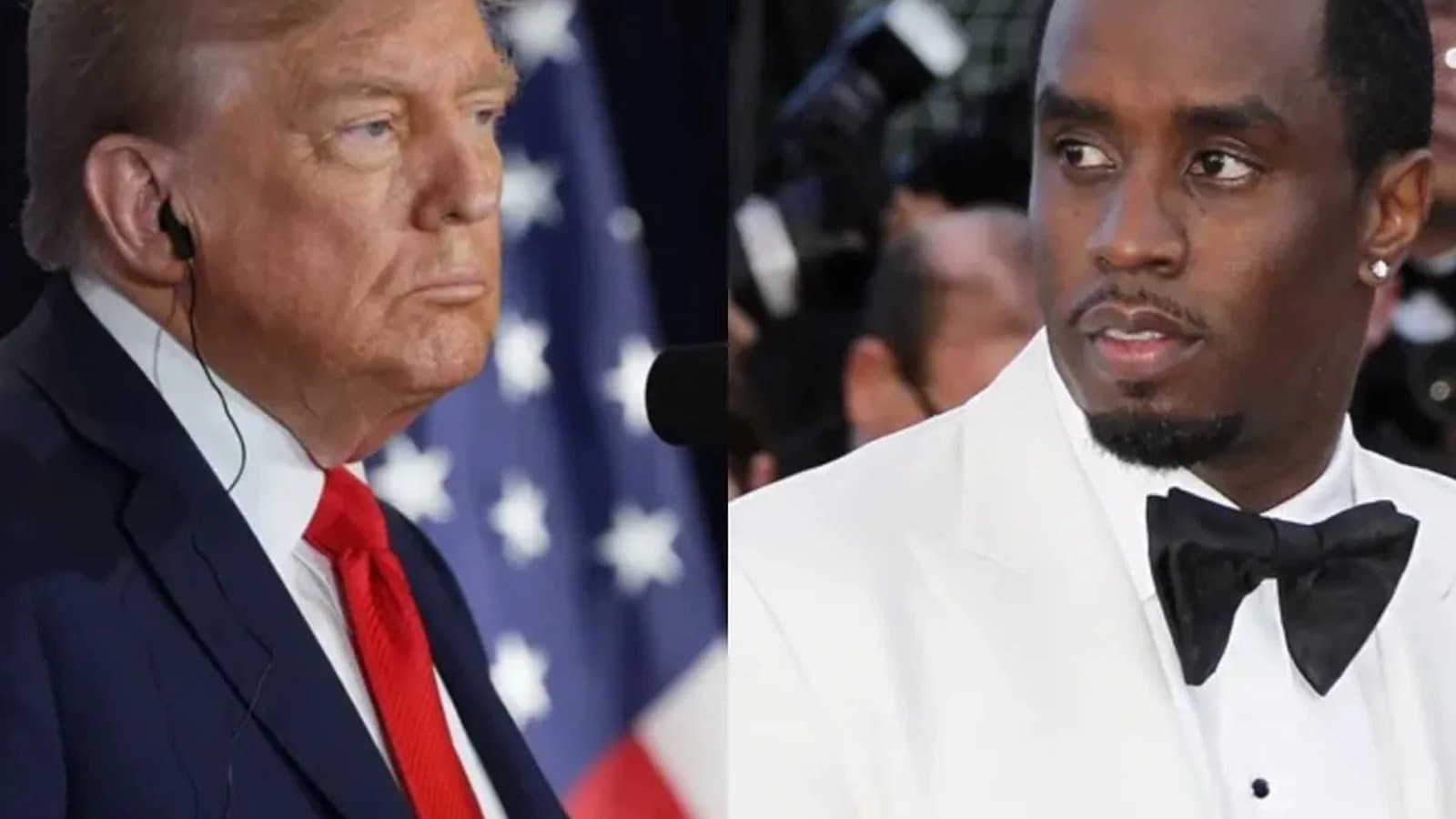We're loading the full news article for you. This includes the article content, images, author information, and related articles.
Former US President Donald Trump has confirmed that American music mogul Sean 'Diddy' Combs sought a presidential pardon following his conviction and sentencing for prostitution-related charges, a development that could spark debate on high-profile clemency appeals.

Former US President Donald Trump announced on Monday, October 6, 2025, that Sean 'Diddy' Combs, the American music mogul recently sentenced to over four years in federal prison, had requested a presidential pardon. Trump, speaking to reporters in the Oval Office, referred to Combs by his former stage name, 'Puff Daddy,' stating, "A lot of people have asked me for pardons. I call him Puff Daddy, [he] has asked me for a pardon."
This confirmation follows Combs' sentencing on Friday, October 3, 2025, to four years and two months in federal prison after being found guilty of two counts of transportation to engage in prostitution. His legal team is reportedly considering an appeal, arguing that the sentence was disproportionate and based on unproven allegations.
Sean Combs was arrested in September 2024 following a federal indictment on charges including sex trafficking, racketeering, and transportation to engage in prostitution. While acquitted of the more serious sex trafficking and racketeering charges in July 2025, he was convicted on two counts related to prostitution. The sentencing concluded a lengthy legal process that began with multiple civil lawsuits alleging sexual misconduct against Combs from 2023.
Presidential pardons in the United States are a constitutional power allowing the President to forgive individuals for federal crimes. Historically, this process has been overseen by non-political personnel at the Justice Department. However, former President Trump has been noted for frequently using his pardoning power for a wide range of cases, often bypassing traditional procedures.
Combs' conviction falls under the Mann Act, which prohibits the transportation of individuals across state lines for immoral purposes. His legal team has requested that he serve his sentence at FCI Fort Dix, a low-security federal prison in New Jersey, to access drug treatment programmes and facilitate family visitation.
The possibility of a presidential pardon for a high-profile individual like Combs could ignite discussions in Kenya regarding the application of clemency and its potential influence on public perception of justice. While the US legal system operates independently, such cases can resonate with Kenyan audiences, particularly concerning accountability and the treatment of prominent figures. Public debate in Kenya often focuses on transparency and fairness in legal proceedings, and high-profile international cases can serve as a point of reference.
During his sentencing, Combs expressed remorse, calling his past behaviour "disgusting, shameful, and sickening," and apologised to his victims and family. His defence lawyers had argued for a more lenient sentence, citing his time already served and efforts towards sobriety.
The potential for a presidential pardon for Combs, despite his conviction, could be viewed by some as undermining the judicial process. In Kenya, where public trust in institutions is a recurring theme in national discourse, such a development in a prominent international case could fuel discussions about equitable justice and the influence of power and celebrity.
It remains unclear whether former President Trump will grant Combs' pardon request. Trump had previously hinted in August 2025 that he was on the fence about a pardon, citing a fraying personal relationship with Combs. The timing of the request, shortly after sentencing, suggests a concerted effort by Combs' team.
Observers will be closely watching for any further statements from former President Trump regarding the pardon request and the eventual decision. The case may also continue to generate discussion on the role of celebrity and influence within legal systems, both in the US and internationally. In Kenya, the ongoing public discourse on governance and accountability may draw parallels or contrasts with the handling of such high-profile cases abroad.
The broader context of US-Kenya relations, particularly concerning governance and human rights, has been a subject of recent attention. In 2024, protests in Kenya over tax hikes and cost of living led to a crackdown by security forces, raising concerns among human rights groups and some US lawmakers. These events have sparked debate on the effectiveness of youth-led activism in influencing government policies in Africa.
Keep the conversation in one place—threads here stay linked to the story and in the forums.
Sign in to start a discussion
Start a conversation about this story and keep it linked here.
Other hot threads
E-sports and Gaming Community in Kenya
Active 9 months ago
The Role of Technology in Modern Agriculture (AgriTech)
Active 9 months ago
Popular Recreational Activities Across Counties
Active 9 months ago
Investing in Youth Sports Development Programs
Active 9 months ago